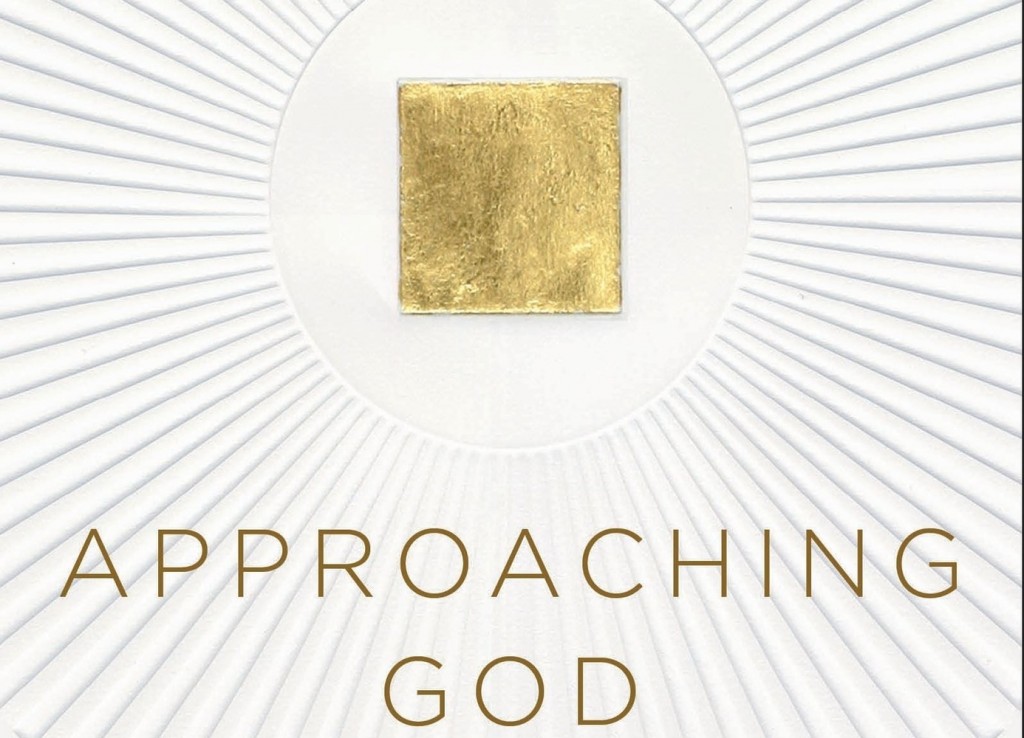
The difference between theory and practice is fairly clear. It is like the difference between playing baseball and playing fantasy baseball. The fantasy baseball might approach levels of virtuosity in their ability to judge the potential performance of a player on any given day, but nobody expects them to hit a 95MPH fastball. On the other hand, the baseball player is not only (usually) able to hit that fastball, but also has a theoretical knowledge of the game. For example, they know in what situations to expect a fastball they can drive rather than an unhittable curveball in the dirt.
This important difference is frequently missed by those who would talk about religion from an outsider perspective. Terry Eagleton has a neat summary of this misapplication of methods in his review essay of Richard Dawkins’ The God Delusion “Lunging, Flailing, Mispunching” which he later expanded into a book, Reason, Faith, and Revolution:
Imagine someone holding forth on biology whose only knowledge of the subject is the Book of British Birds, and you have a rough idea of what it feels like to read Richard Dawkins on theology. Card-carrying rationalists like Dawkins, who is the nearest thing to a professional atheist we have had since Bertrand Russell, are in one sense the least well-equipped to understand what they castigate, since they don’t believe there is anything there to be understood, or at least anything worth understanding. This is why they invariably come up with vulgar caricatures of religious faith that would make a first-year theology student wince. The more they detest religion, the more ill-informed their criticisms of it tend to be. If they were asked to pass judgment on phenomenology or the geopolitics of South Asia, they would no doubt bone up on the question as assiduously as they could. When it comes to theology, however, any shoddy old travesty will pass muster. These days, theology is the queen of the sciences in a rather less august sense of the word than in its medieval heyday.
I’ve been effectively using Karen Kilby’s excellent A Brief Introduction to Karl Rahner to help me fall asleep after all the excitement of both moving in and taking in Major League Baseball’s Opening Day. I’ve been looking forward to seeing how Rahner’s concept of an anonymous Christianity fits into the context of his thought. His thinking owes a lot to Heidegger’s (a favorite bad Catholic of mine) and Husserl’s phenomenology, which in turn owe most of their foundations to medieval scholasticism (the circle closes).
But it was not to be last night, I couldn’t find the godforsaken book. So I picked up Patrick Masterson’s Approaching God: Between Phenomenology and Theology, because, being the instinctive Balthasarian that I am, I think the cover is stunningly beautiful and attractive. The book is billed by none other than Denys Turner as:
The phenomenology of Marion, the metaphysics of Thomas Aquinas, the fideism of Barth: often enough any two of them are brought into positive conversation with one another, but rarely, as in Masterson’s new book, all three together, and even less commonly with so constructive and nuanced an outcome. A remarkable achievement.
The first page of Masterson’s book did not disappoint:
Religion is at once theoretical and practical, a life of belief and practical engagement which nourish each other. It is profoundly self-involving–no mere detached assertion of a factual state of affairs. In professing my belief That I possess my being from God, I profess my radical dependence upon him. The God of religion is worshipped rather than just affirmed–a God of pre-philosophically culturally conditioned belief, conviction and worship, rather than a philosophically derived conclusion. As Henry Dumery remarks: “We should not speak of a God peculiar to philosophers, but of a God that that religion worships and that philosophy must take into consideration as it does any other value.” And again: “One pretends to believe that the idea of God is the property of philosophy, whereas it is borrowed from the religious life.” The terms in which the religious relationships between man and God can be expressed vary greatly as is obvious from the rich variety of historical religions and religious experience. This situation creates the possibility of a comparative study of religions–a fascinating undertaking but not one for this work. What interests us primarily here, in this chapter at least, is to outline a particular philosophical understanding of the most basic feature of any religion, namely, that it distinctively concerns the close self-involving relationship alleged to obtain between human beings and God.
It gladdens me to see a mention of Dumery’s The Problem of God in Philosophy of Religion, because he is an insightful phenomenological thinker whose thought has been ignored for far too long. The conclusion Masterson draws from Dumery is interesting because it implicitly suggests the breakdown of an overarching category called “religion.” Each and every religion has its own telos and is not merely the example of the more comprehensive genus “religion.” For example, the thought of living eternally in heaven might sound like hell to someone who is hoping to escape from the cycle of life and karma into oblivion (one could multiply these examples ad infinitum). What’s more, an atheist going to heaven would be hell for the atheist, because their worldview(s) is/are predicated upon rejecting living in a self-involving relationship with God, In other words, from a religious standpoint, they already live in hell in this life, because hell is traditionally understood as separation from God.
Incidentally, this is also the reason why Christians who speak of atheism as a single unified phenomenon strike out looking, since perhaps only this rejection of self-involvement is what all atheists share. Ultimately, the different beliefs atheists and believers hold (either implicitly or explicitly–it doesn’t matter as Rahner might say) about the ultimate furniture of reality influence their practices and vice-versa as I pointed out in an earlier post about the real-life story of how a pastor became an atheist.
Speaking of strikeouts . . .
For more on phenomenology see the following: On Jacques Derrida and Catholic theology; Praying to a French God; and an account of the Central European and social roots of the philosophical movement.












